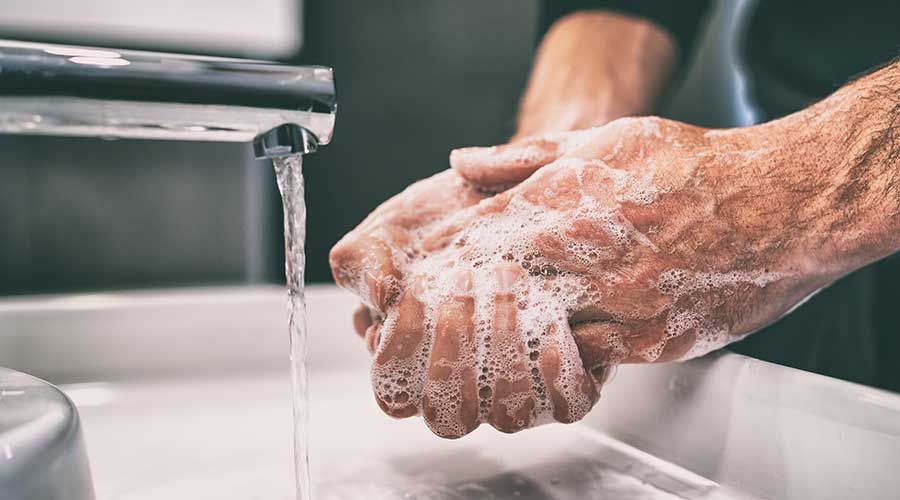Handwashing is key to preventing the spread of many different germs. For healthcare facilities, this is even more critical as staff work with vulnerable patients. In this manufacturer roundtable, Healthcare Facilities Today speaks with leading soap manufacturers to understand the importance of staff washing their hands and how facilities can help make sure the staff does.
How important is it for medical staff to wash their hands as they come and go from patient rooms? How can facilities guarantee that medical staff do wash their hands?
“Proper hand hygiene is the first step in halting the spread of germs. The World Health Organization states hand hygiene is recommended as a pivotal measure for preventing healthcare-associated infections (HAIs). HAIs represent a major threat to the health and safety of patients and medical staff play a critical role in limiting the spread of HAIs through properly washing their hands with every patient interaction: fully covering hands with soap, washing for a full 20 seconds and completely drying hands when done. When soap and water isn’t available, hand sanitizer is a good option.
Facilities can encourage handwashing among staff by ensuring soap and sanitizer are accessible in applicable areas and that product is always well stocked. An empty soap dispenser or sanitizer bottle only discourages hand hygiene practices. It is worth continually educating medical staff on the benefits of good hand hygiene and the critical role they play in limiting the spread of germs.”
—Brandon Jones, vice president of sales and marketing, Kutol Products
“Performing hand hygiene before and after patient care (with on the way in and on the way out of the room as a proxy for this) are minimum indications for hand hygiene, but account for greater than 85 percent of all hand hygiene opportunities. However, there are other critical indications, such as before performing an aseptic procedure like inserting a catheter that would warrant an additional hand hygiene event.
Ensuring that healthcare workers perform hand hygiene with all opportunities is an ongoing challenge for healthcare facilities healthcare workers can have dozens, if not a hundred opportunities per shift. It takes constant, incremental work toward building and maintaining compliance with hand hygiene.”
—Megan J. DiGiorgio, senior clinical manager, GOJO Industries
Jeff Wardon, Jr. is the assistant editor for the facilities market.

 What 'Light' Daily Cleaning of Patient Rooms Misses
What 'Light' Daily Cleaning of Patient Rooms Misses Sprinkler Compliance: Navigating Code Mandates, Renovation Triggers and Patient Safety
Sprinkler Compliance: Navigating Code Mandates, Renovation Triggers and Patient Safety MUSC Board of Trustees Approves $1.1B South Carolina Cancer Hospital
MUSC Board of Trustees Approves $1.1B South Carolina Cancer Hospital Study Outlines Hand Hygiene Guidelines for EVS Staff
Study Outlines Hand Hygiene Guidelines for EVS Staff McCarthy Completes $65M Sharp Rees-Stealy Kearny Mesa MOB Modernization
McCarthy Completes $65M Sharp Rees-Stealy Kearny Mesa MOB Modernization